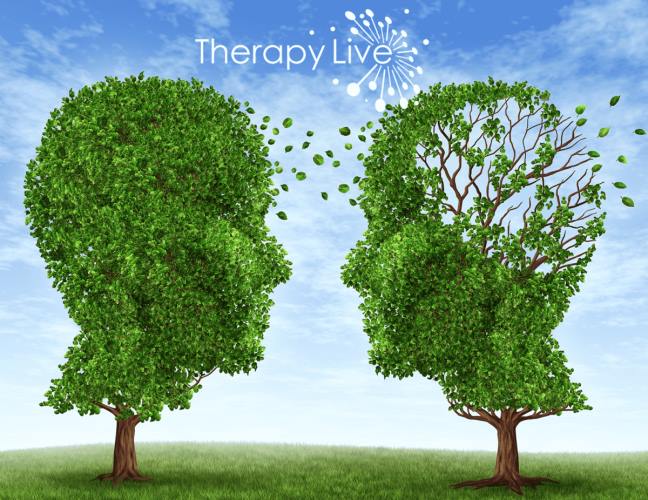Betty's Office 2.5: The Dark Void
By: Betty Bickers, LCSW Posted On Nov 05, 2017
Betty's Office 2.5: "The Dark Void"
I want to describe the "dark void" experience that some of my clients share with me in therapy. As a psychotherapist, I work with many people who are experiencing depression or anxiety in differing forms. My job is to help them work through difficult experiences in order to live more satisfying lives. Being able to feel "better" or "happier" is generally what most people seeking therapy desire.
The "dark void" is a place where some go internally for emotional safety. It happens in an instant, a place of emotional numbness and withdrawal. Dark and vast, an emotional black hole. The body becomes drained of energy and the mind wants to recede into an abyss of nothingness. Thoughts about one's value become unhinged and the mind lies to itself. "I don't matter. Nothing matters."
This is more than an onset of a depressive episode. It's a sudden intense sense of loss of self. Complete aloneness. Detachment from caring. A desire to disappear.
The dark void isn't rage. Rage takes purpose and energy to project anger outward. That is a fight response to a threatening stressor. The dark void is a total flight response. There is no energy to fight and total withdrawal (emotional and often physical) is the only option at that moment.
This dark void is a place nobody wants to be. The dark void isn't a psychotic state and not a loss of touch with reality. It's an emotional cave in which to hide, but it's a very cold cave.
You are fortunate if you are reading this and have no idea what I am describing.
This is a depressive fear response, I believe, that happens to a person when as a child they experienced some significant neglect, trauma, or abandonment. Sometimes the client themselves are not aware of this past abuse; other times clients want to minimize or discount the impact it has had on them.
But as children, this dark void began forming inside of them. This developing dark void, perhaps initially a coping mechanism, becomes a tormentor to the sufferer who in pain feels trapped there.
People in general handle threats and fear differently based on a number of bio-psycho-social factors. Therapy is often about helping a person change their thinking and behaviors to achieve a more favorable outcome. Cognitive-behavioral therapy is basically a "change your thinking, change your life" focus which is often very effective in reducing anxiety and depression.
But the dark void isn't about thinking. It's about fear, a primal emotion. Putting words to that fear is a crucial part of doing healing work in therapy.
If you or someone you care about experiences the dark void, please consider talking to a mental health professional about it.

